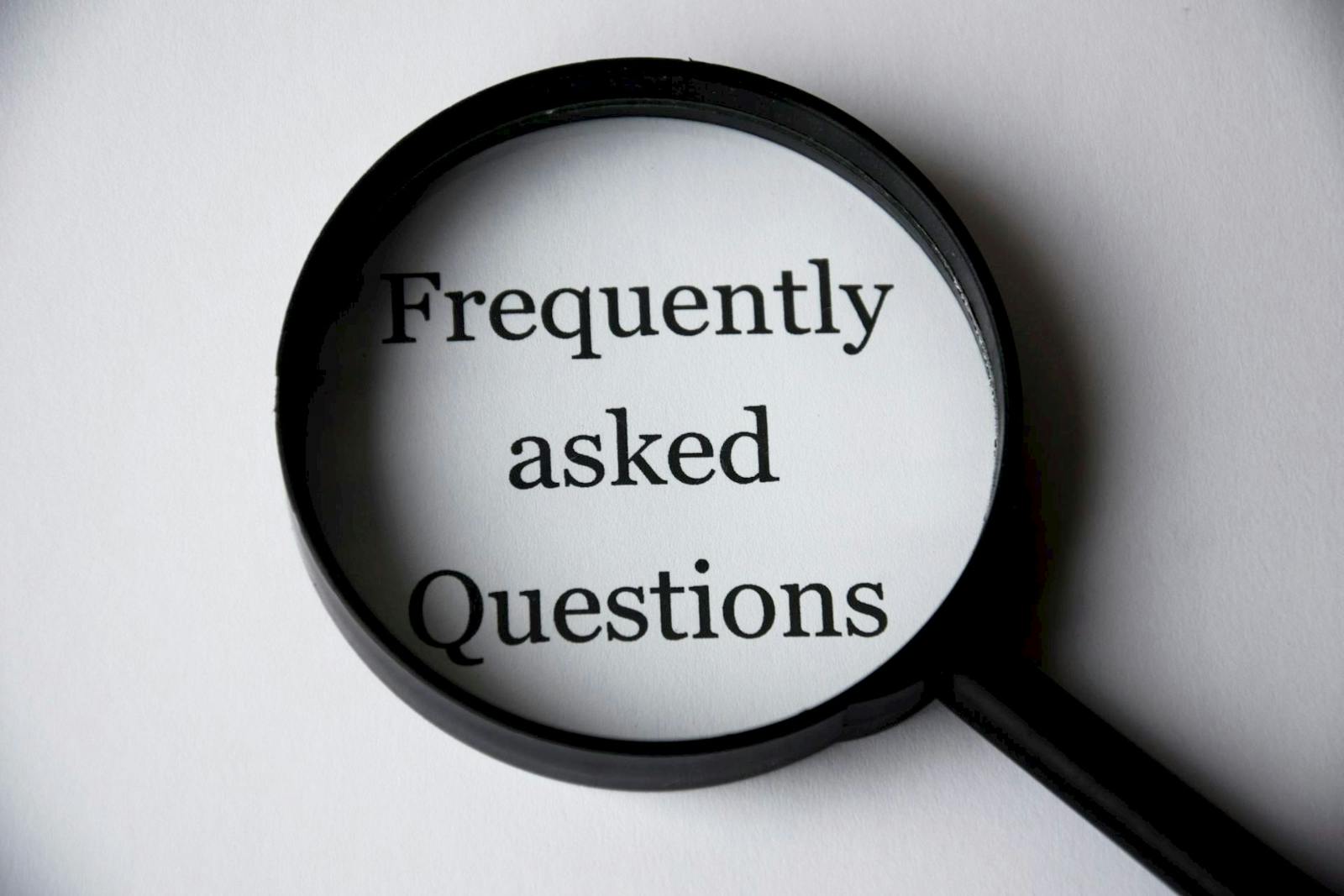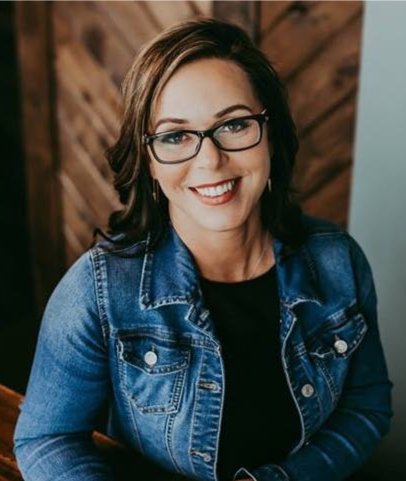In 2026, the City of Airdrie will introduce an automated black cart garbage collection program to enhance waste-management efficiency and convenience. This initiative, endorsed by Airdrie City Council, follows extensive feedback from residents.
Over the next year, the City will collaborate with vendors to procure new household black carts. Here’s what residents can expect from the new program:
Automated collection: Similar to green and blue carts, specialized trucks will mechanically lift and empty carts, streamlining operations and reducing physical demands on collection staff. This advancement improves efficiency and enhances workplace safety.
Standard 120-litre black cart: Each household will receive a durable, easy-to-maneuver 120L black cart with a secure lid to keep pests out and minimize mess.
Weekly collection: Garbage pickup will continue weekly, ensuring prompt waste management. Visit airdrie.ca/blackcarts or sign up for notifications at myAIRDRIE.ca and never miss a collection day.
Exemptions and additional tags: Households with special waste needs will still have access to medical and diaper exemptions. Residents with occasional excess garbage can purchase additional waste tags to manage overflow easily.
Education and support: We understand that change can be confusing. As we approach the rollout, the City will provide educational resources to help residents transition smoothly. From tips on efficient waste management to guidelines on what belongs in your garbage, we’ve got you covered.
Here are some basic tips — even before the black carts arrive:
Common garbage items:
Items made from multiple materials that cannot be separated (e.g., Pringles cans).
Garden hoses, furnace filters, construction materials.
Absorbent material (pads and wipes).
Diapers and sanitary products.
Proper sorting helps manage waste responsibly and keeps recyclables and compostables out of the landfill. Here are some tips for successful sorting:
Secure your garbage in bags to prevent loose items from spilling during collection.
Safely dispose of sharp objects like broken glass by placing them in a sealed and puncture-resistant container. This keeps our workers safe.
Ensure unobstructed access to your cart during collection by keeping it away from green carts or other objects.
The automated black cart program represents a significant step forward in waste management
for Airdrie. Stay tuned for more updates as we prepare to roll out the new carts!
In the meantime, visit airdrie.ca/blackcarts for additional helpful waste and recycling resources and updates.
Source: airdrielife


